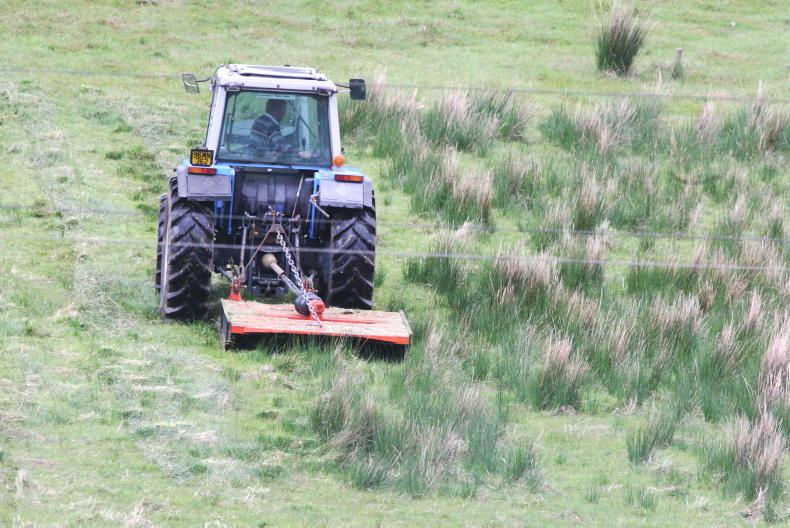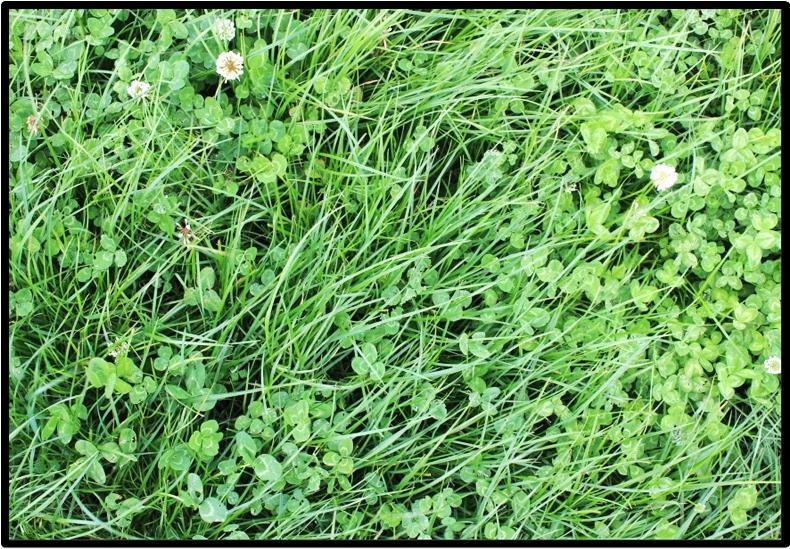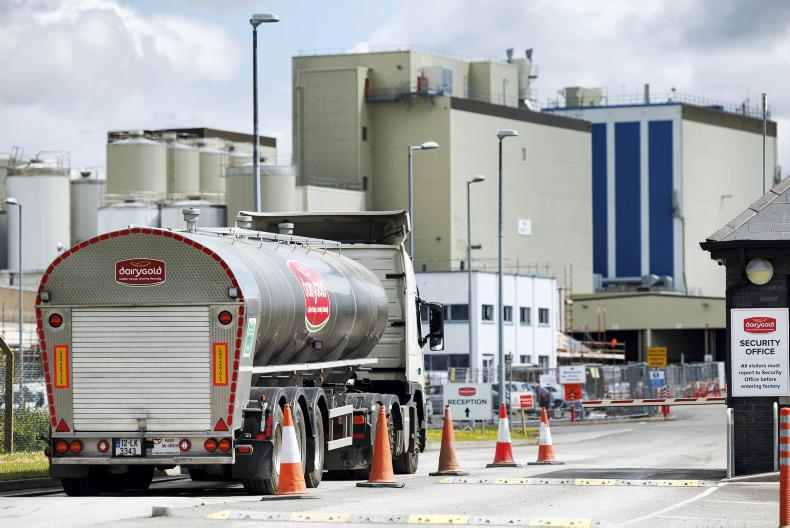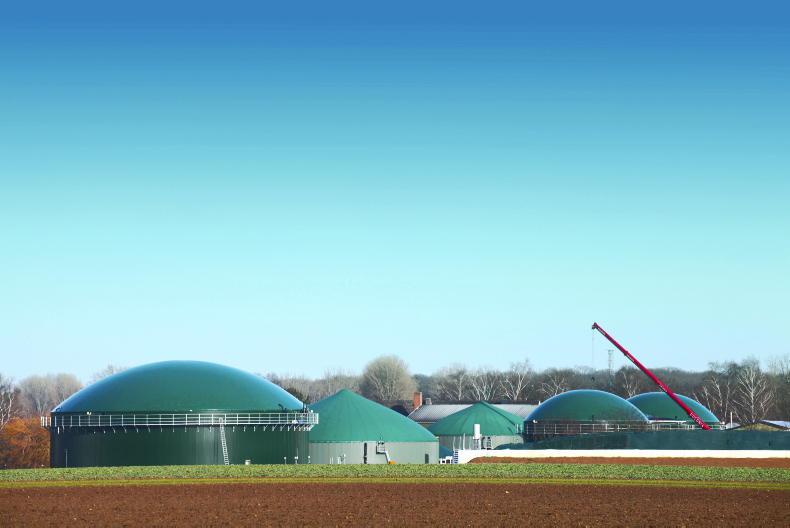Many farmers will be thinking about controlling rushes at this time of the year and it is essential to keep them under control to have land in good agricultural and environmental condition to receive payments.
However, it is important to remember that rushes do not need to be sprayed to avoid penalties to your basic payment. They can be topped.
There are some guidelines that Teagasc suggests you follow when controlling these plants.
First of all, if you are applying a pesticide, you must be a trained professional pesticide user.
If using MCPA, it cannot be applied by a knapsack sprayer or a weed licker or wiper.
Glyphosate can be used if using a weed licker. MCPA cannot be used from 30 September to 1 March.
Buffer zone
The appropriate buffer zone should be adhered to when applying a herbicide. This will be on the product’s label and means that that product cannot be applied within a certain distance of a water course.
Products should not be applied ahead of rain or on to land that is very wet.
The Department of Agriculture is now suggesting that farmers top and remove rushes where extensive farming is being carried out on poor soils with poor grass growth, poor drainage, high rainfall and which in turn poses a risk to watercourses.
Improvements being made
There were 42% fewer pesticide exceedances in Irish drinking water in 2021, compared with 2020. There were 47 exceedances in 2021, compared with 81 in 2020.
However, MCPA was still the most common pesticide exceedance found.
Longford central, Newcastlewest, Co Limerick, Belturbet, Co Cavan, and Newport, Co Mayo, were identified as priority areas for action, with MCPA being the main pesticide problem in those areas.










SHARING OPTIONS